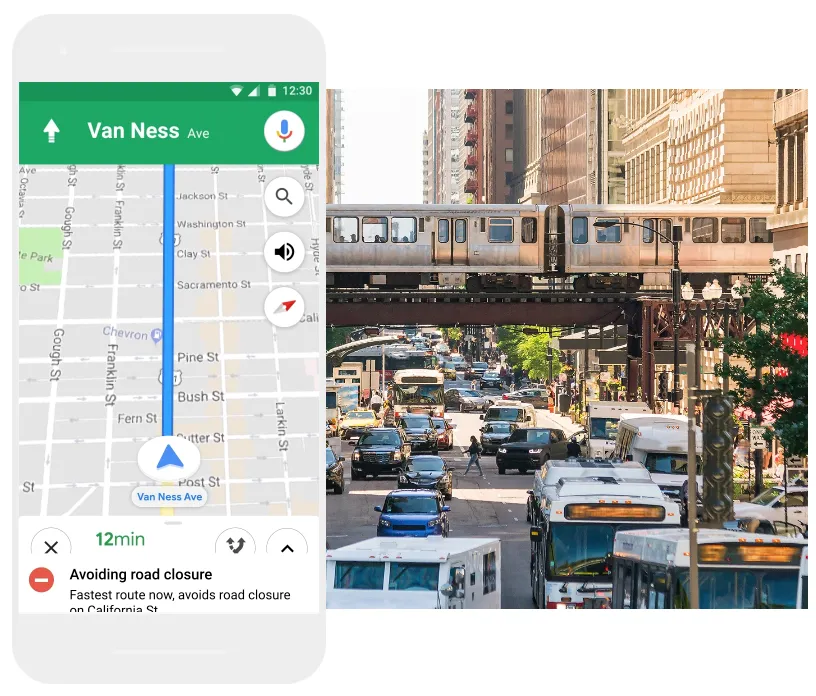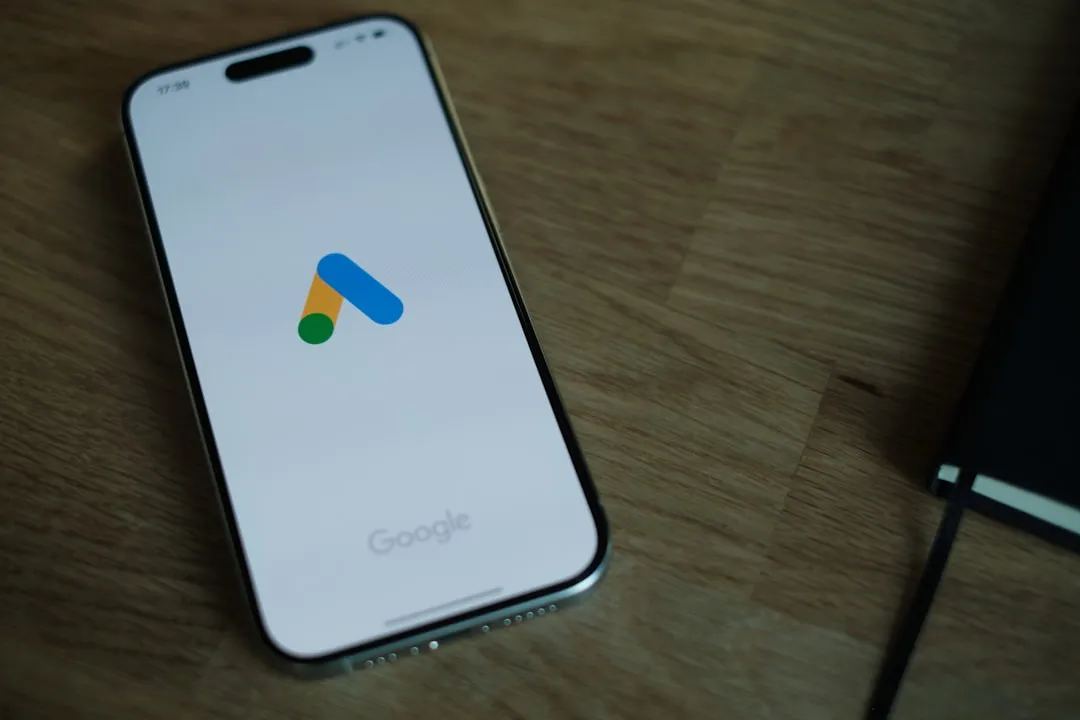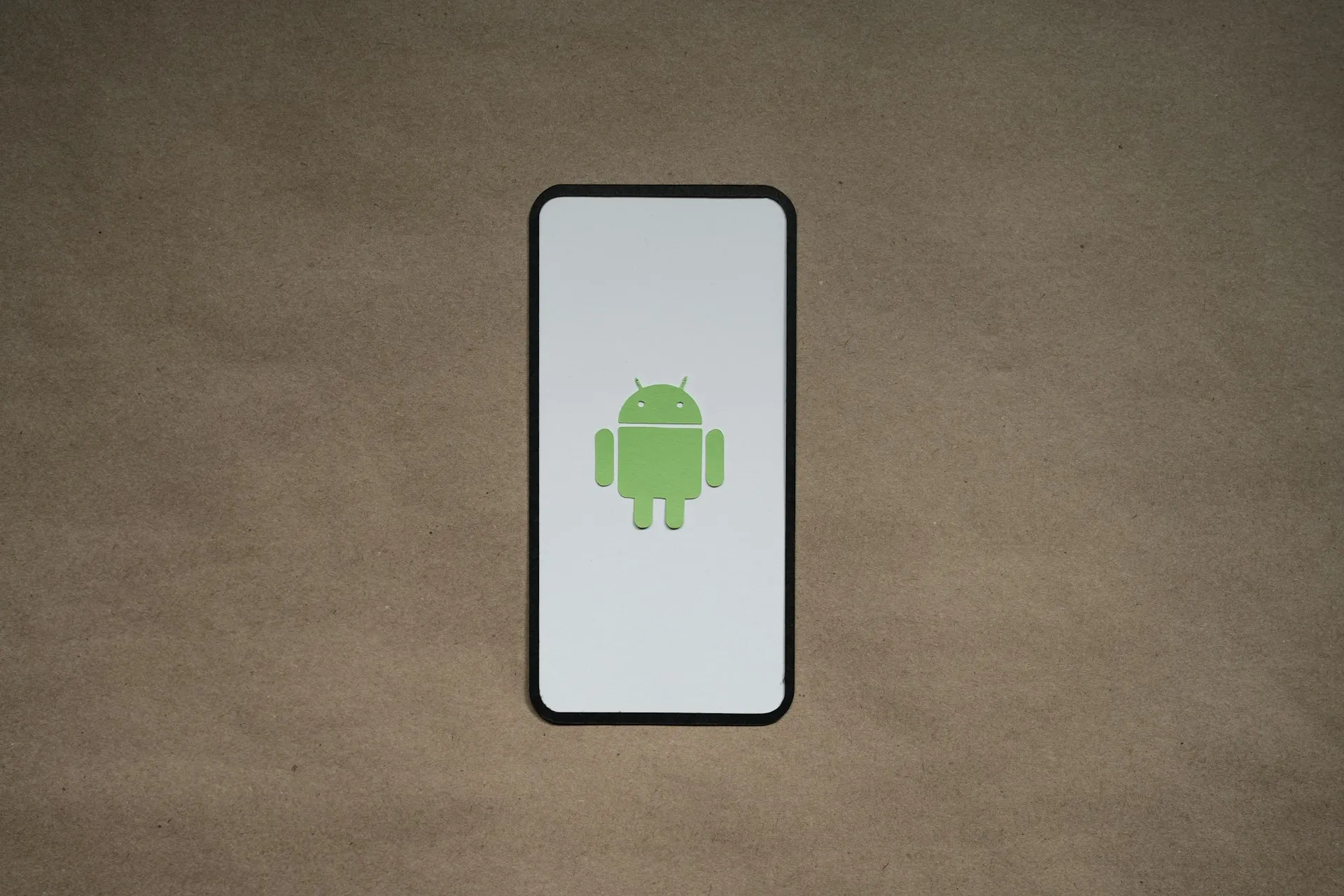Reviewed by Jame Jimenez
We're living through a fascinating transformation in how we interact with our everyday apps. Google's latest move might be the most significant yet. The tech giant is testing Gemini integration directly within Google Maps navigation, and based on successful activation in the latest beta version, this looks like far more than swapping one voice assistant for another.
This shift does not stand alone. The simplified Driving Mode interface was retired earlier this year as part of Google's strategic pivot to Gemini, and early access for Gemini across Google's smart home ecosystem began in October 2025. Now Maps gets its turn, with changes that go well beyond basic voice prompts.
Competition adds heat. Amazon has launched Alexa+, a generative AI upgrade that's free for Prime members, and Apple is pushing its Intelligence suite. Google's answer is Gemini inside its most used services, leaning on its strengths in search and location data.
The pitch is not mere parity. Gemini for Home can understand and respond to more complex commands, handle multi-part requests, and parse abstract media requests. Those same muscles make sense in the car. Context, memory, nuance, fewer scripts, fewer taps.
There is also the business angle. Subscriptions are shifting to bundle Gemini features, which could make advanced tools more reachable while opening new revenue. Maps is both a showcase and a sandbox, a place to prove value before rolling it everywhere.
What to expect and when
For now, this Gemini integration isn't available in any public version of Google Maps. Successful activation in the latest beta points to a near-term rollout. This marks the second Maps-Gemini integration spotted this week, a sign that development is moving quickly.
Rollouts usually follow Google's usual cadence: beta first, gradual activation, then wide release. With Android versions above 14 supporting Gemini AI integration, the groundwork is there for most users. The only open question is whether the handoff, opt-in or automatic occurs during an update.
PRO TIP: If you are eager to try this early, join the Google Maps beta in the Play Store. Beta features can be rough around the edges, but they offer a first look before everyone else.
When this lands, it is more than a different voice answering questions. It is a move toward conversational navigation that understands context, handles layered requests, and adapts in real time. The bigger picture is hard to miss; the lines between Google’s apps start to blur, replaced by an assistant that follows your intent rather than your app switching.
As Google keeps shifting its ecosystem to Gemini, this feels like the groundwork for how AI will shape daily tech, starting with something as ordinary and essential as getting from point A to point B.
Image via Google.com


























Comments
Be the first, drop a comment!